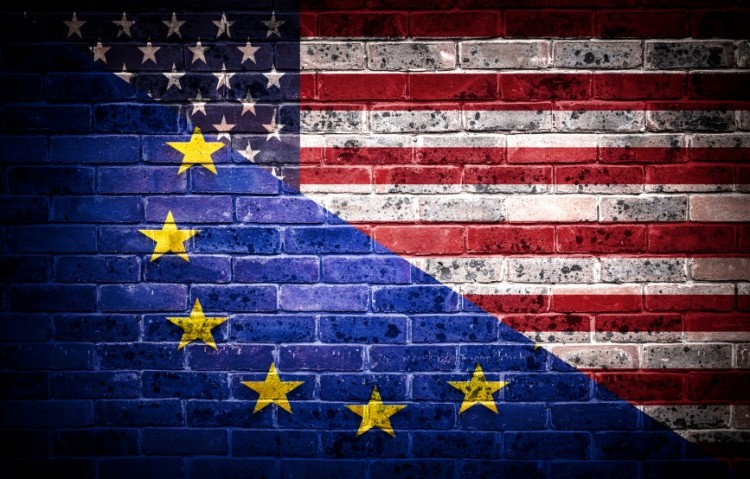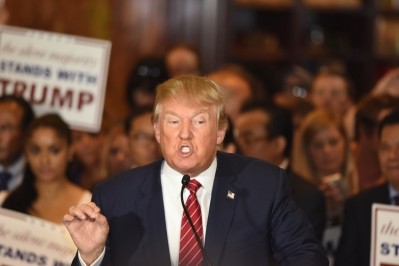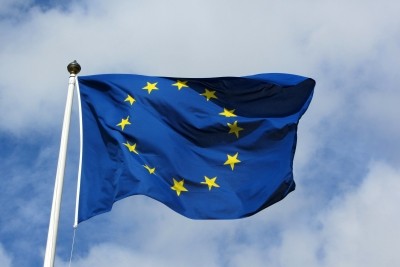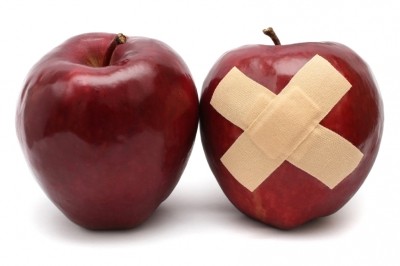IFT video vox pop: What do US businesses think of TTIP?

Scroll down to watch all the videos.
Blair Wilson is director of marketing at Wisconsin-based cheese company Sartori. It specialises in making hard Italian cheese, placing it close to a sticking point during the TTIP negotiations – the names of protected origin foods in Europe.
The EU’s protected designation of origin (PDO) and protected geographical indication (PGI) scheme means that, for instance, only cheese that has been made in certain parts of Italy and using specific ingredients can use the name Parmesan or Parmigiano-Reggiano. The US strongly disagrees, arguing that these names have become generic and can be used by anyone.
Wilson believes that the issue is causing confusion for European consumers. “They really don’t have clear nomenclature for the consumers there, and so they might pick up a cheese that here [in the US] is a Parmesan but there we need to label it differently.”
The protected origin scheme forces Sartori to market its Assiago cheese as ‘Sartiago’ in Europe. “But that doesn’t really mean anything to anyone in Europe… We feel it muddies the water,” he said.
He hopes that TTIP will “clear up the nomenclature issue and drive consumer clarity”.
Dave Booher is group leader for healthy oils at the Indiana-headquartered agri-food giant Dow AgroSciences.
On TIIP opportunities for increased trade between the two regions, he said: “I’m not a public policy expert but I do think that the [fewer] restrictions that are placed on trade, the better the opportunities.
“There are some trade barriers out there just based on some consumers or governments not wanting specific products in their countries and obviously if there’s a sound science base behind it we have a strong belief that these products should be accepted,” he said, adding that any biotech product on the US market has a tremendous amount of scrutiny behind it.
“Consumer preferences are based on a lot of emotion at times I think, and every consumer has the right to choose what they want in their food system and what they don’t. We have to respect that and that’s why our platform has two different options – we have non-GMO and options that include the use of biotechnology.”
Mitchell Stefaniak is the vice president and chief financial officer of New Jersey company Paulaur Toppings. It manufactures both artificial and natural dessert toppings.
While it has not yet done much trade with European customers Stefaniak hopes this is something that could change with TTIP and has already earmarked Paulaur’s line of non-synthetic toppings as having the potential for success with European consumers.
“I know that there are a lot of limitations now on certain artificial and synthetic colours in Europe so we hope that these will prove to be successful for us.”
Regarding the perceived difference among Europeans on food safety regulations in the two regions, he says consumers can feel reassured.
“They are getting stronger in the US. The FDA [Food and Drug Administration] will be mandating the Food Safety Modernisation Act among all food manufacturers in the US and so hopefully we will get closer to the European standard.
“As far as some of the other issues in Europe that may not necessarily be covered by US standards [such as the use of GMOs or pesticides], if there’s a market for that that US companies can take advantage of, I see no reason why those companies would not wish to develop products that would meet those standards.”
Dave Braun is sales vice president at family-owned Ohio firm The Mennel Milling Company.
It makes over 200 grades of flour and has recently developed an unchlorinated cake flour which is being distributed around the US for the first time.
He said that even if TTIP helps US businesses overcome the regulatory barriers associated with selling goods in Europe – such as chlorinated flour which is currently prohibited - consumer perception over this may mean that companies still struggle to shift units.
“If the consumer is willing to try things that are different [TTIP] could open things up.”
“But if they’re constantly being told ‘it [chlorinated flour] isn’t good for you and now all of a sudden you can open it up and you’re saying ‘it’s ok’, it just depends on how the consumer is going to react to that.”

![MEP Bernd Lange said that negotiating TTIP terms was the 'democratic duty' of EU parliamentarians. “If [globalization] is to work for the benefit of the people, then it cannot be left in the hands of the negotiators alone."](/var/wrbm_gb_food_pharma/storage/images/_aliases/wrbm_medium/9/3/0/7/1727039-1-eng-GB/MEPs-back-TTIP-but-reject-investor-clause.jpg)






















